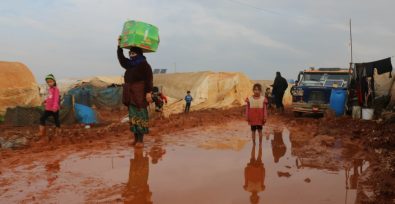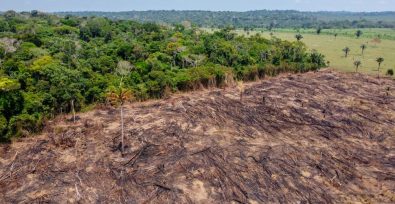Over the past eight years, around 1.2 million Rohingya Muslims have been forcibly displaced to Bangladesh, creating the world’s largest refugee settlement in Cox’s Bazar. But after years of declining humanitarian aid—including US aid cuts under President Trump—the crisis has entered a new phase. In June, UNICEF shut down over 4,500 schools, leaving more than a quarter of a million children without education. Now, families already struggling with fewer services, are increasingly selling their children into marriage and forced labor to survive.
Families pushed to extremes
According to the Business Standard, Begum, a Rohingya mother of seven, says she felt she had no choice but to marry off her 16-year-old daughter after funding cuts closed the girl’s school. “I just pray her husband lets her study,” she said.
Begum’s fears are echoed by other parents in the camps who see education slipping further out of reach. For Mohammed Faruq, a father of six who fled Myanmar in 2017, the closures have been devastating. He remembers his daughters once running to class with notebooks in hand. Now, they spend their days wandering around the camp. He said:
Only a little bit of education our children could learn was snatched away,” … “We survived genocide in Myanmar, we survived floods and fire here—but now our children’s future is being killed silently.
The International Rescue Committee (IRC) reports that children under the age of 12 in Cox’s Bazar are being completely left out of the education system. As a result, as many as half a million Rohingya children are losing their chance to learn. The closures have also left nearly 1,200 Bangladeshi teachers without work, along with many Rohingya teachers who had been helping in the camps.
The IRC warns these are the consequences of the loss of humanitarian aid. Cases of child marriage have risen by 3% this year and child labor by 7%. The rates may be even higher since many incidents go unreported and families often stay silent out of fear or shame.
“the needs far outweigh the resources available”
The United Nations High Commissioner for Refugees (UNHCR) says it needs about $256 million to support the displaced Rohingya this year. But so far, it has received commitments for only 38% of that amount. Globally, the agency expects to receive just a third of the $10.6 billion required to respond to the world’s displacement crises. Hasina Rahman, IRC’s Bangladesh director says:
Each day, more families will continue to turn to extreme methods of survival: gambling, selling children into marriage and forced labor, as well as sexual abuse will all rise,
For families in Cox’s Bazar, the gap is already hitting hard. UNHCR warns that without urgent funding, critical food assistance, health services, cooking fuel, and education programs could collapse, threatening the survival of the Rohingya community. Rana Flowers, UNICEF Representative to Bangladesh, said:
To stretch every dollar, we have reduced UNICEF staff, streamlined programs, and cut costs wherever possible—but the needs far outweigh the resources available.
Take action
The situation in Cox’s Bazar shows how displacement and crises—compounded by climate impacts—can push families to desperate measures. Forced child marriage is a severe human rights violation that steals girls’ autonomy and futures. Governments must act to protect children, ensure access to education, and prevent exploitation.
Earlier this month, The NGO Platform, consisting of 168 NGOs, signed a joint letter urging world leaders to act. They warned that further delays and funding shortfalls risk leaving an entire generation of Rohingya without protection or a future.
Sign the petition today to demand urgent action and safeguard the futures of girls worldwide.







Freedom United is interested in hearing from our community and welcomes relevant, informed comments, advice, and insights that advance the conversation around our campaigns and advocacy. We value inclusivity and respect within our community. To be approved, your comments should be civil.